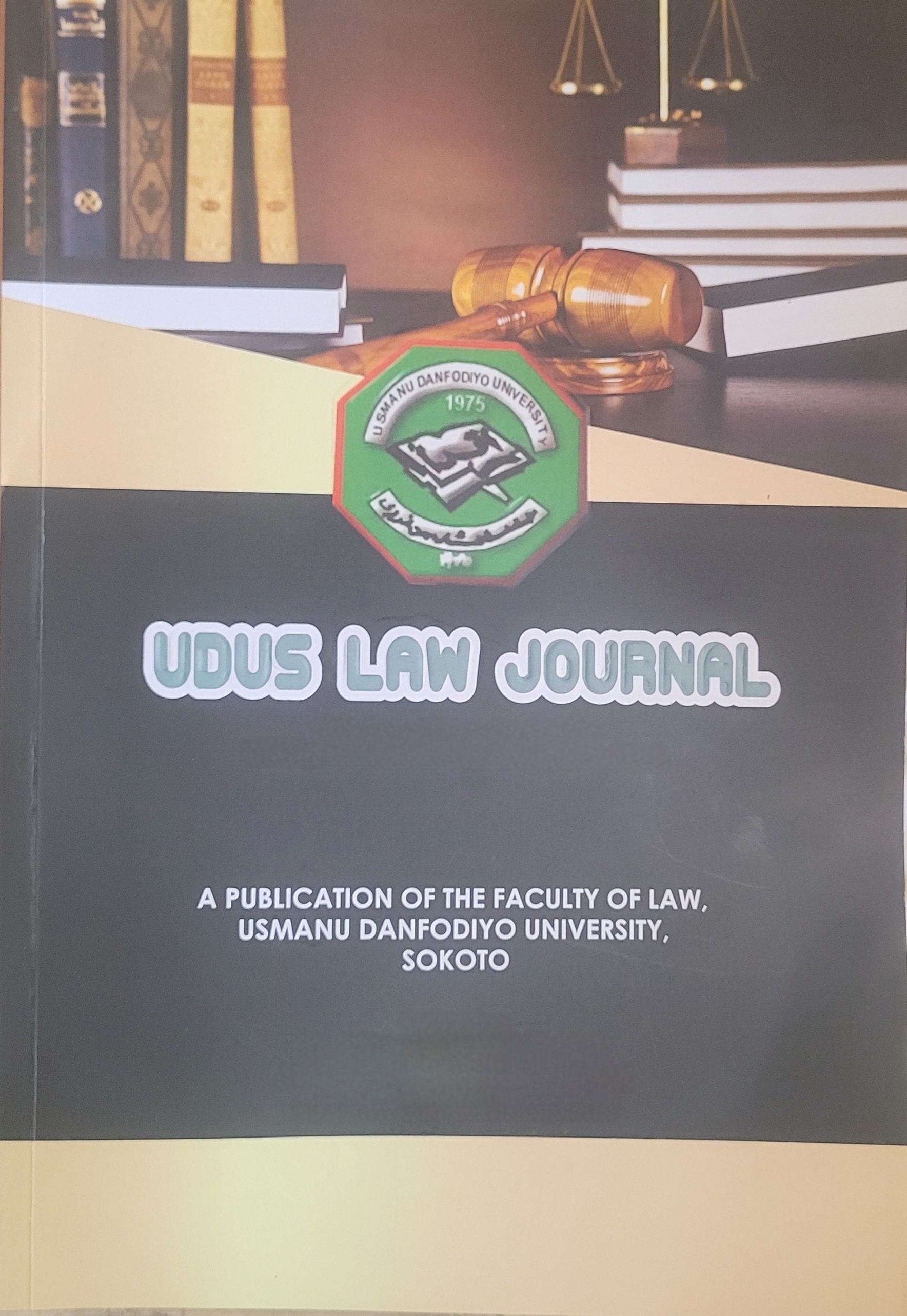Abstract
Autonomy is one of the fundamental principles of medical practice. The principle requires that the rational sovereignty of an individual on medical treatment depends on self-determination. The advancement of the law concerning informed consent, has been clearly replicated the strengthening of patient autonomy that patients’ choices should be free from pressure and undue interference. Nevertheless, while the importance of patient autonomy is suitably recognized, the development of this theory is not without limitation; the limitation is within the boundaries of patient’s religious belief particularly (Jehovah’s witnesses) and cultural principles. How can one be said to be self-autonomous in a circumstance where he found himself between life and death? The paper adopted a doctrinal method of research by analysing relevant laws on patient’s autonomy. The paper found that autonomy is a fundamental right of the patient who is at the liberty to decide or choose what he or she wants to do with his or her live without undue interference by the medical practitioner. Arising from this, it recommended that the Code of Medical Ethics should be amended to regulate the issue of patient autonomy especially if it relates to life and death.



 National Library of Nigeria
National Library of Nigeria.jpg) Association of Nigerian Authors
Association of Nigerian Authors Nigerian Library Association
Nigerian Library Association EagleScan
EagleScan Crossref
Crossref